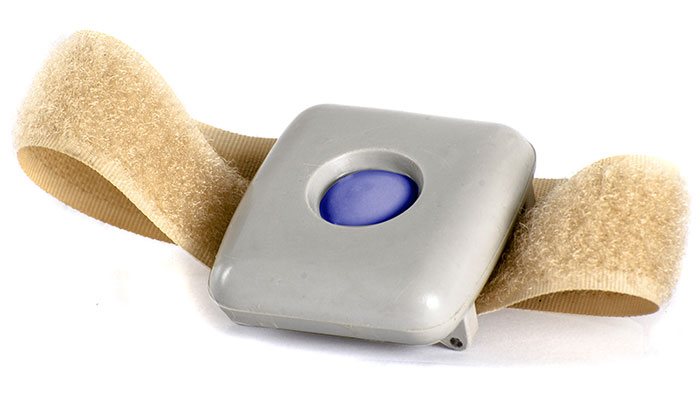
Life with a serious illness is not all dreary and glum. The condition and its symptoms can certainly take over. But daily life continues. And patients are more than their disease. Like everyone, they need to eat, walk, talk with friends and family, and enjoy pleasant activities. Palliative care is an extra layer of support. Its…










